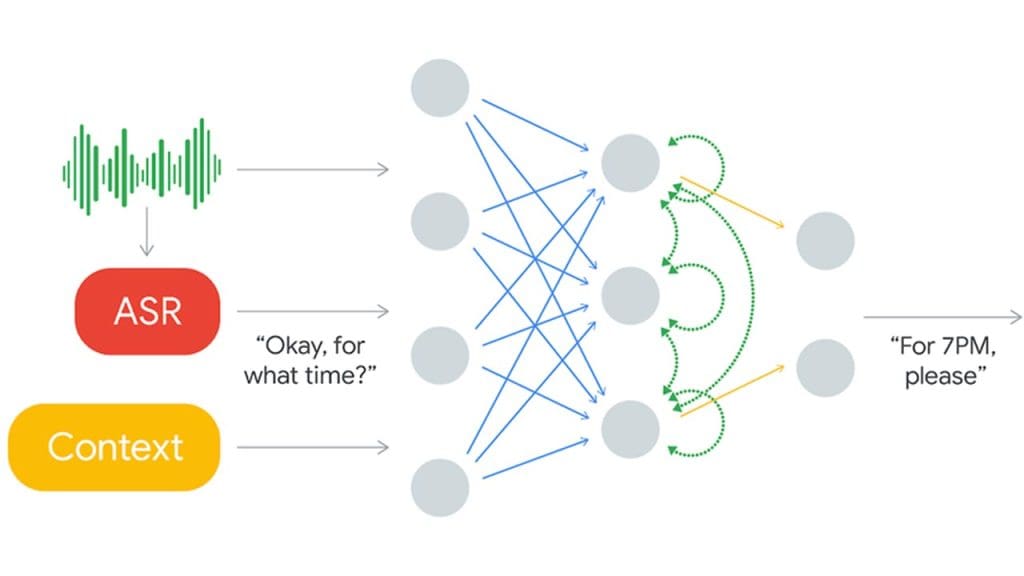Artificial Intelligence has revolutionized numerous industries, but not every company has found success with its implementation. From customer service mishaps to legal troubles, some enterprises have faced significant challenges. Here are seven companies that may have jumped into AI a little too eagerly.
Retail Giant Faces Backlash Over Automated Customer Service

Retail behemoth Walmart faced a significant backlash after replacing their human customer service with an AI-powered system. The automated service failed to understand nuances in customer queries, leading to widespread dissatisfaction. Shoppers complained about repetitive and irrelevant responses, resulting in a public relations headache. Despite the potential for cost savings, Walmart learned that the personal touch is irreplaceable when it comes to customer interactions.
Healthcare Provider’s AI Misdiagnosis Leads to Legal Troubles

IBM’s Watson for Oncology was once hailed as a breakthrough in personalized cancer treatment. However, it faced criticism after several misdiagnoses led to legal challenges. Patients and healthcare providers questioned the reliability of its recommendations, which were sometimes inconsistent with medical guidelines. IBM eventually had to scale back its ambitions, acknowledging the complexities of integrating AI into healthcare.
Financial Institution’s Algorithmic Trading Goes Awry

Goldman Sachs experienced a setback when their algorithmic trading platform made erratic market moves. The AI, designed to optimize trading strategies, failed to adapt to sudden market changes, causing unexpected losses. This incident highlighted the risks of relying solely on AI for financial decisions, pushing the firm to reconsider its approach and incorporate more human oversight into its trading operations.
E-commerce Platform Struggles with AI-Powered Inventory Management

Amazon’s foray into AI-driven inventory management revealed potential pitfalls. The system, intended to streamline stock levels, instead resulted in overstocking some items while running out of others. The lack of accurate demand prediction led to logistical challenges and increased costs. Amazon has since been refining its algorithms, but the experience underscored the need for a balanced approach between automation and human expertise.
Social Media Company Criticized for AI-Driven Content Moderation

Facebook’s use of AI for content moderation sparked controversy when it incorrectly flagged benign posts while missing harmful content. Users expressed frustration over inconsistent enforcement of community standards, leading to calls for greater transparency. The company acknowledged that while AI is crucial for scalability, human oversight remains essential to ensure fairness and accuracy.
Automotive Manufacturer’s Autonomous Vehicle Project Hits Roadblocks

Tesla’s ambitious autonomous vehicle project faced significant challenges despite initial optimism. The AI systems struggled with complex driving scenarios, raising safety concerns. High-profile incidents have led to increased scrutiny and regulatory hurdles. Tesla continues to develop its technology, but the journey has been more complicated and costly than anticipated.
Tech Firm’s AI-Enhanced Product Fails to Meet Consumer Expectations

Google’s launch of its AI-powered Google Duplex, designed to make phone calls on behalf of users, was met with mixed reviews. While technologically impressive, the product fell short of consumer expectations due to privacy concerns and limited practical applications. Google has since taken steps to refine the service, but the experience highlighted the challenges of balancing innovation with user trust.